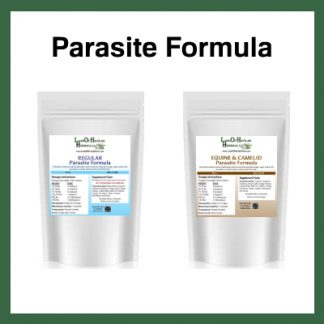First of all, PRAY, ask God (the Great Physician) for His direction, wisdom, and help in this situation. He created these goats that we love so much, what better expert could you ask for?!
“If any of you lack wisdom, let him ask of God – Who gives liberally and without reproach – and it will be given to him.” James 1:5
There is a deficiency of DVM’s that are knowledgeable about goats, and sometimes we may be working with the DVM over the phone instead of in person where they can get their hands on the animal to perform a clinical examination. I’m on a mission to discover how we, as owners, can perform a clinical examination of our goats to help us help the Vet narrow down what the problem might be. I’m hoping that this will help you to give the DVM that you are working with more information that will help them to help you and your herd. I found this link that includes some (sometimes gross) pictures.
Checklist/Questionnaire:
Please provide the DVM with the answers to the following questions as best you can, and please answer in ALL CAPS so that they can easily read the information (it can be copied/pasted into an email) so won’t miss anything. Help for your goat can be better provided if the DVM knows these things beforehand.
General Information:
1. What is the goat’s name?
1a. What breed is the goat?
1b. Approximate weight?
2. What age is the goat?
3. Gender. Is your goat a Doe, Buck, or Wether (fixed male)?
3a. If a Doe, is she bred?
3b. If so, what is her Due date?
4. If doe has recently kidded, when and how many kids did she have?
5. Where are you located (just the state you are in is enough)?
Current observations:
6. VERY IMPORTANT: Rectal Temperature of goat. Normal is between 101 F and 103.5 F depending on the outside temperature, so please put in the exact temperature of the animal (don’t guess without taking the temp).
6a. What is the outdoor temperature (high and low)?
6b. Has the outdoor temperature been fluctuating in the past week?
7. Elimination. Is the goat having normal bowel and bladder function?
8. Intake. Is the goat eating and drinking?
9. Is the goat ruminating? (Chewing Cud)
10. Lymph Nodes. Are they swollen? (Google for lymph node locations on the animal)
11. Check the eye membranes & gums, are they reddish/pink, light pink, or white?
12. Check the mouth, is it warm and wet or cold and dry?
13. Exactly what feed was the goat in contact with in the last 48 hours before symptoms were observed? Be specific, include amounts (preferably by weight).
14. What is the goat’s current diet (what has it been eating today)?
15. How long has the goat been ill/acting “off”?
16. Is the goat up and standing/walking or is the animal DOWN (can’t or won’t get up)?
16a. If the goat is DOWN, when did it go down?
Medication or alternatives:
17. What vaccines has the goat had and when? (This information is provided to rule out adverse reactions)
18. What dewormer (name) has been used , how much and when? Please provide all this info for herbal dewormers as well.
18. What other medications has been administered to the goat, how much and when?
Pain indications:
20. Is the goat head pressing? (standing with it’s head against a wall or fence)
21. Is the goat grinding its teeth?
22. Is the goat hunching or stretching its back?
23. Is the goat stargazing? (Looking aimlessly into the sky)
Neurological symptoms:
24. Is the goat paralyzed? If so, where? (legs, face, etc)
25. Is the goat circling, drooling, or unable to straighten its neck out (it is tucked to the side)?
Other additional information
26. Is the goat acting in a manner that is not typical for this animal? If so, what are you observing?
27. Any other things that you wish to share that you feel we should know about the animal?
28. Has the animal/herd been tested for diseases (CAE, CL, Johne’s)?


